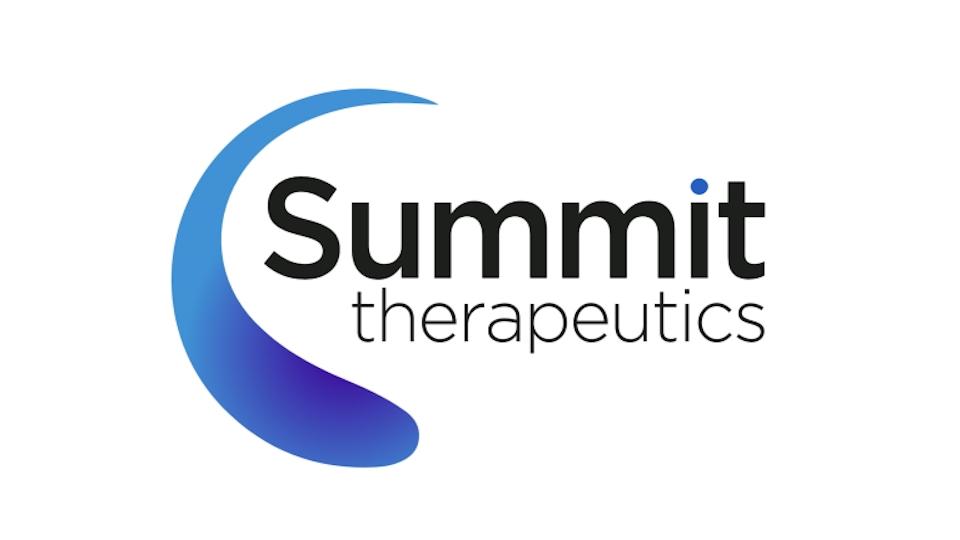WCLC: Summit trumpets data with Keytruda challenger

MSD's PD-1 inhibitor Keytruda has ruled the immunotherapy of non-small cell lung cancer (NSCLC) for many years, but a bispecific antibody from Summit Therapeutics and partner Akeso looks like it could topple its crown.
In a head-to-head phase 3 trial presented at the 2024 World Conference on Lung Cancer (WCLC) – called HARMONi-2 – PD-1xVEGF bispecific ivonescimab cut the risk of disease progression or death by 49% compared to Keytruda (pembrolizumab) in a Chinese-only patient population with previously untreated, PD-L1-positive NSCLC.
The improvement in progression-free survival (PFS) was statistically significant and seen regardless of the level of PD-L1 expression – low to high – as well as other factors such as whether their cancer derived from squamous or non-squamous cells.
Summit said that ivonescimab is the first drug to achieve a "clinically meaningful" benefit over pembrolizumab in a randomised, phase 3 clinical trial in NSCLC.
There were also improvements with the bispecific on time to disease progression (11.14 months compared to 5.32 months), as well as objective response rate (50% versus 39%). Overall survival data will be reported at a later date.
The safety of ivonescimab was manageable with a lower rate of treatment discontinuations (1.5%) compared to MSD's drug (3.0%).
In presenting the results, Professor Caicun Zhou of Shanghai Pulmonary Hospital said that ivonescimab has the potential to become "a new standard of care" for NSCLC, although Summit and Akeso will have to carry out an additional phase 3 study to allow it to be filed in the US, where the FDA does not allow data only from overseas studies.
With ivonescimab, Summit and Akeso are trying to achieve with one drug what can already be delivered with the combination of Roche's PD-L1 inhibitor Tecentriq (atezolizumab) and anti-VEGF antibody Avastin (bevacizumab), which has been approved as a first-line therapy for NSCLC since 2018.
That regimen is, however, only approved for non-squamous NSCLC types, as bevacizumab is associated with bleeding complications in patients with squamous disease and patients with this form were excluded from the trials that supported its approval.
There were two cases of serious bleeding in the ivonescimab group compared to one in the Keytruda arm, and that will no doubt be scrutinised in an international phase 3 trial – HARMONi-7 – that is due to start early next year. The cases with ivonescimab were, however, seen in non-squamous cancer patients.
The phase 3 trial will compare ivonescimab monotherapy to pembrolizumab monotherapy in patients with metastatic NSCLC whose tumours have high PD-L1 expression (>50%).
Summit's chief executive, Dr Maky Zanganeh, said that the new data "demonstrates that ivonescimab has the potential to be the next generation in PD-1-directed immunotherapy."
Given Keytruda's history in NSCLC and the long experience in its use by oncologists, analysts are predicting that ivonescimab will likely need to show a solid improvement in OS if it is to start displacing MSD's drug, which made $25 billion in sales last year.
Summit licensed rights to ivonescimab in a $5 billion deal – including a whopping $500 million upfront – in 2022. The drug has already been approved in China for EGFR-positive NSCLC that has progressed after treatment with an EGFR inhibitor.












